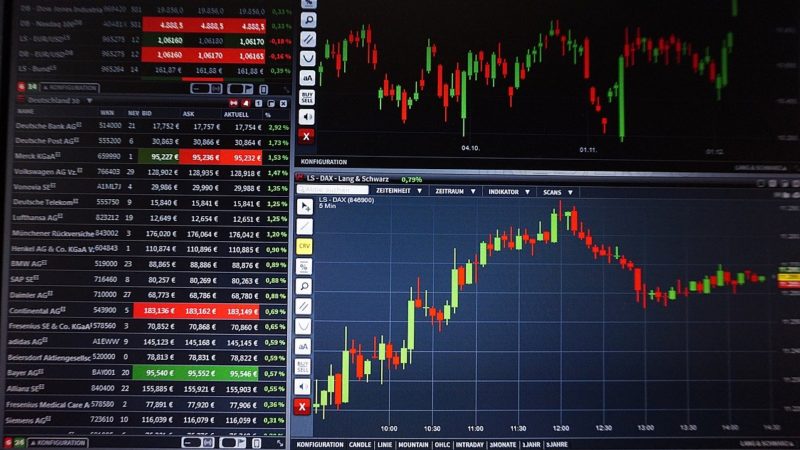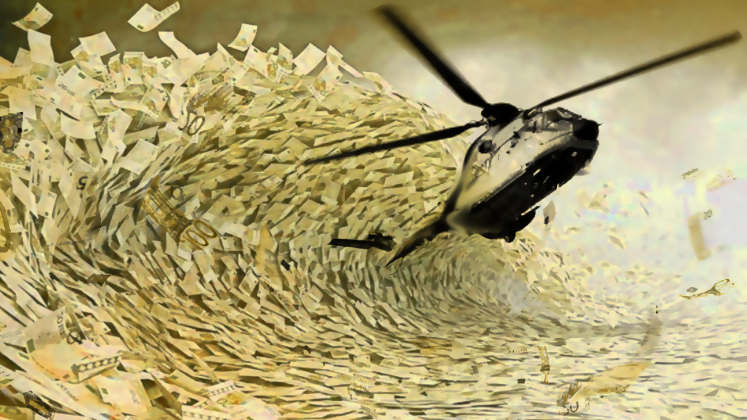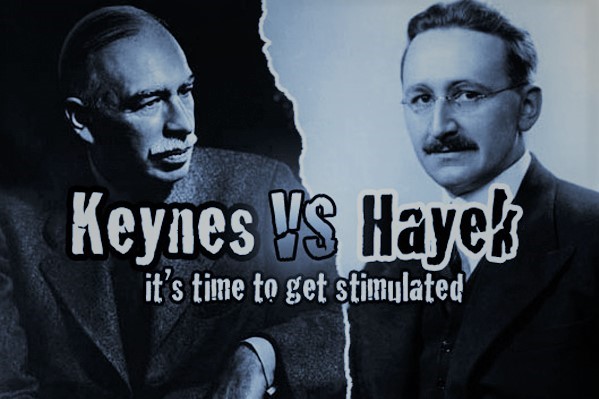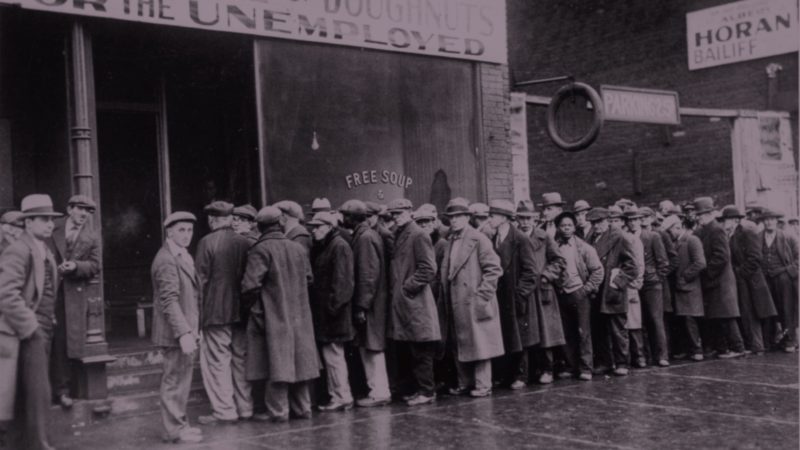“Irrational Stock Exchanges” and the Wirecard Scandal: On the Blanket Suspicion of Financial Capitalism
Joint stock companies and stock exchanges have made the upswing of modern economies possible. However, they have always been suspected of serving the greed of a few. What, then, is the function of “financial capitalism”?






